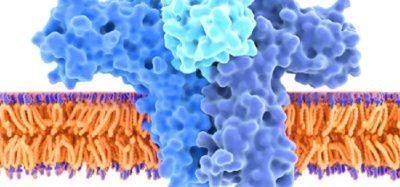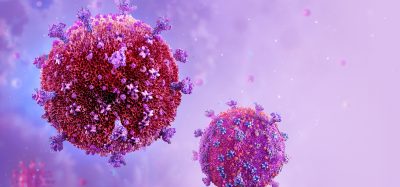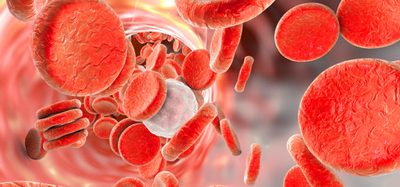COVID-19 vaccines should not be affected by SARS-CoV-2 mutations, researchers say
Posted: 12 October 2020 | Victoria Rees (Drug Target Review) | No comments yet
A common SARS-CoV-2 mutation known as D614G should not impact on the efficacy of COVID-19 vaccines, a study has shown.

Vaccines currently being developed for COVID-19 should not be affected by recent mutations in the virus, according to a new study. The research was conducted at the Commonwealth Scientific and Industrial Research Organisation (CSIRO), Australia.
The researchers say that most vaccines under development worldwide have been modelled on the original ‘D-strain’ of the virus, which were more common among sequences published early in the pandemic. Since then, the virus has evolved to the globally dominant ‘G-strain’, which now accounts for about 85 percent of published SARS-CoV-2 genomes.
The team highlight that there had been fears the G-strain, within the Spike (S) protein on the surface of the coronavirus, would negatively impact vaccines under development. However, the researchers at CSIRO found no evidence the change would adversely impact the efficacy of vaccine candidates.
The study tested blood samples from ferrets given a candidate vaccine against virus strains that either possessed or lacked this mutation – known as ‘D614G’.
Professor Seshadri Vasan, who holds an honorary chair in Health Sciences at the University of York, is leading the Dangerous Pathogens Team at CSIRO and is senior author of the paper. Vasan said: “This is good news for the hundreds of vaccines in development around the world, with the majority targeting the S protein as this binds to the angiotensin-converting enzyme 2 (ACE2) receptors in our lungs and airways, which are the entry point to infect cells. Despite this D614G mutation to the S protein, we confirmed through experiments and modelling that vaccine candidates are still effective. We have also found the G-strain is unlikely to require frequent ‘vaccine matching’ where new vaccines need to be developed seasonally to combat the virus strains in circulation, as is the case with influenza.”
CSIRO Chief Executive Dr Larry Marshall said: “This brings the world one step closer to a safe and effective vaccine to protect people and save lives.”
The study was published in npj Vaccines.
Related topics
Disease Research, Drug Development, Immunology, Protein, Proteomics, Vaccine
Related conditions
Covid-19
Related organisations
Commonwealth Scientific and Industrial Research Organisation (CSIRO), York University
Related people
Dr Larry Marshall, Professor Seshadri Vasan







